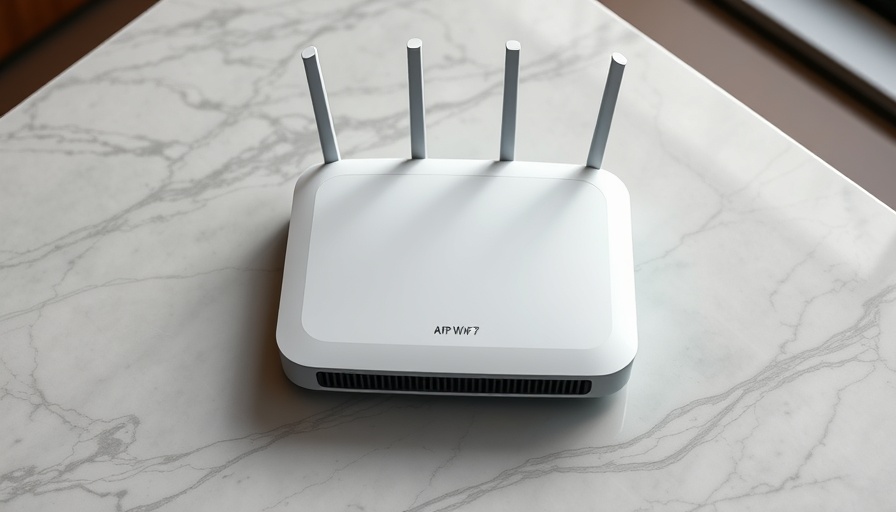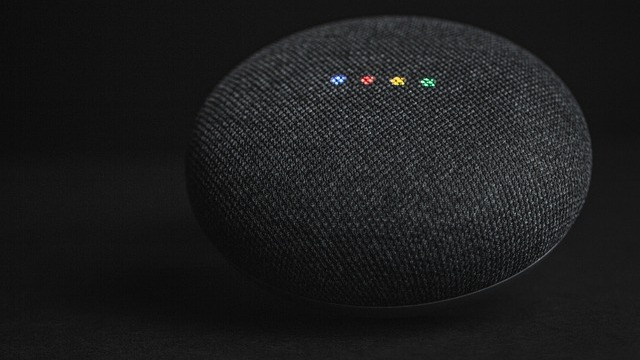
Understanding the Frightening New Reality of Voice Assistants
In today’s digitally driven homes, smart speakers like Alexa and Google Assistant have become ubiquitous tools, designed to make our lives easier. However, new reports are surfacing about their unintended consequences, especially for young children who seem to have an unsettling reaction to these technologies. Videos trending on social media show toddlers shrieking and hiding in fear when their parents call on these voice assistants, raising questions not just about technology but about how we introduce it into our lives.
Highlights from Social Media
A quick glance at TikTok reveals a variety of videos featuring children who are terrified when they hear phrases like "Hey Google" or "Alexa." Parents often share these clips, sometimes laughing at their children's panicked responses. While some may find it amusing, others view these reactions as indicative of a deeper, perhaps unrecognized issue. TikToker NeqNeq TruckHer voiced a poignant concern: "What do these kids know that we don't know?" This question lingers and prompts deeper reflection on the psychological implications of such technology.
The Psychological Dimension
The unexpected fear kids exhibit might stem from various factors, including their limited understanding of artificial intelligence. Children, particularly pre-schoolers, are still navigating the complexities of distinguishing reality from fiction, making the sudden, disembodied commands of these smart devices particularly jarring. They often recognize that these voices are not human, yet they can’t fully comprehend how or why these machines behave as they do. As such, the anxiety appears to come from a disconnect between their expectations of human interaction and the robotic nature of smart speakers.
Broader Context: Are We Ignoring Children's Fears?
It’s important to consider the implications of laughing off these fears. In an age increasingly populated by artificial intelligence, our reactions to our children’s fears matter. Instead of encouraging them to engage with this technology, should we be taking a step back and questioning its role in our lives? Experts emphasize the importance of understanding and validating children's emotions rather than dismissing them as simple childhood fears. Encouraging discussions around their anxieties could lead to greater familiarity and comfort with technology.
Balancing Benefits and Drawbacks
As we ponder the role of smart assistants in our lives, it's crucial to weigh the benefits against the potential emotional repercussions for our kids. On one hand, these devices can streamline daily tasks and provide entertainment or educational content. On the other hand, they can evoke fear and anxiety among young users. For parents, become adept at balancing these realities is essential. It may be helpful to introduce new tech gradually, discussing its functions and limitations openly with children to demystify the experience and foster a sense of control.
Conclusion
The conversations surrounding our children's reactions to voice assistants are only just beginning. Technology holds tremendous promise, but its discomforting aspects warrant scrutiny. Parents and caregivers must approach these tools with sensitivity and thoughtfulness. Let’s champion our children’s voices and fears as we navigate the complex terrain of modern technology together.
 Add Row
Add Row  Add
Add 

 Add Row
Add Row 


 Add Element
Add Element 

Write A Comment